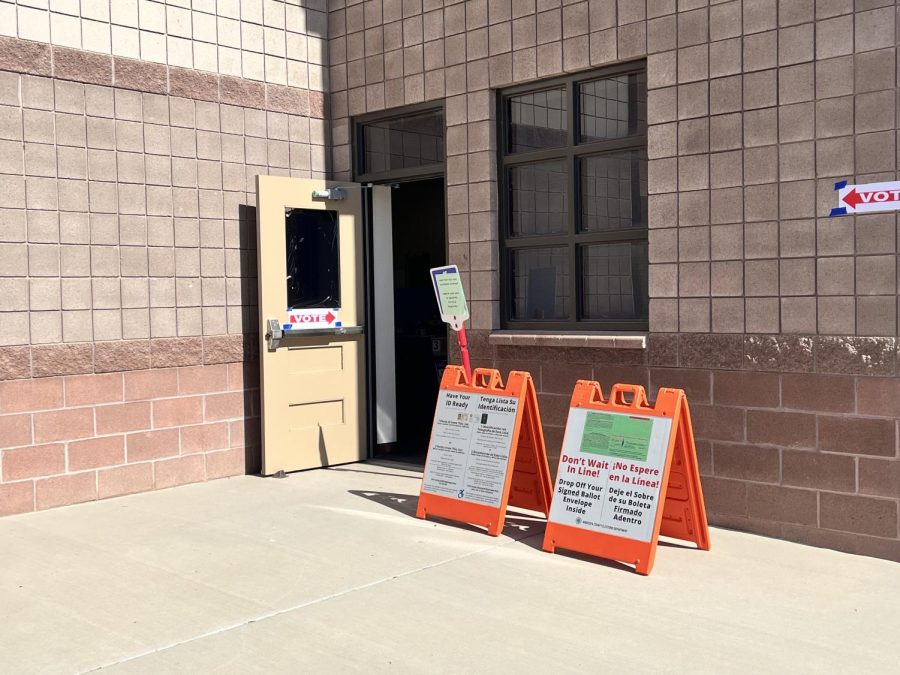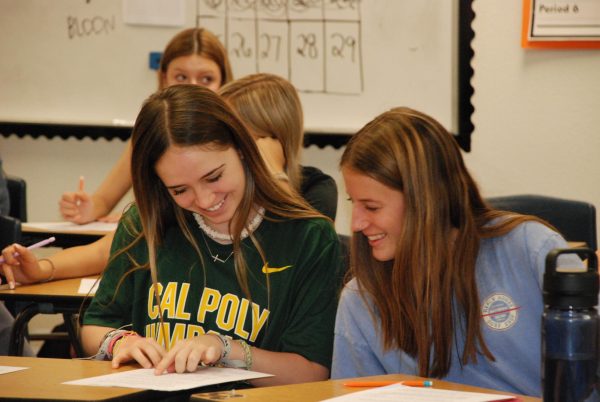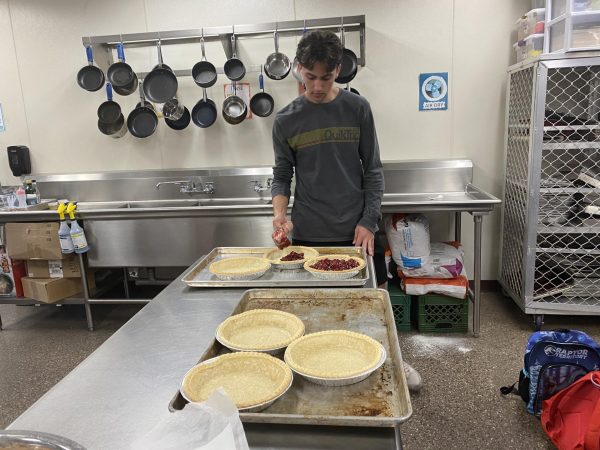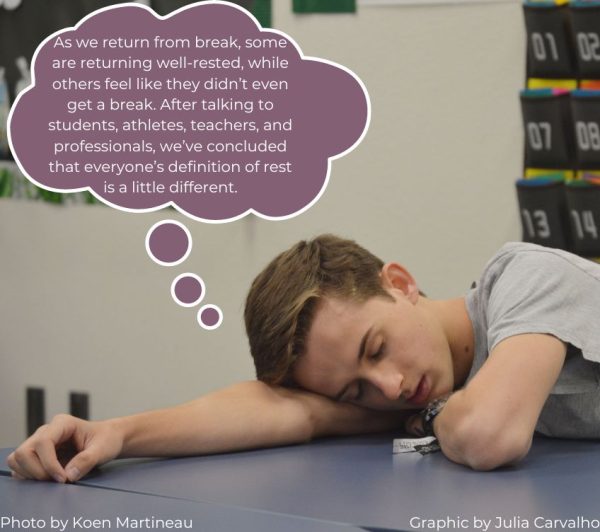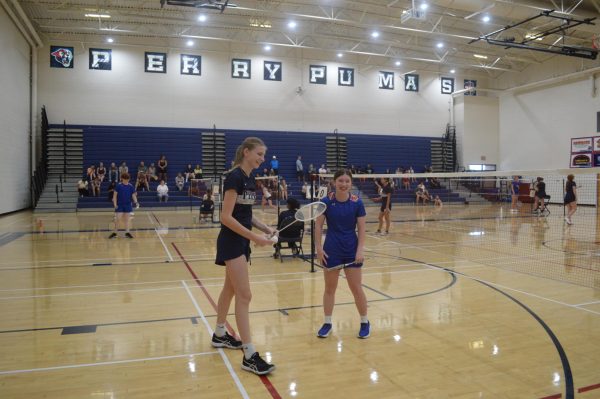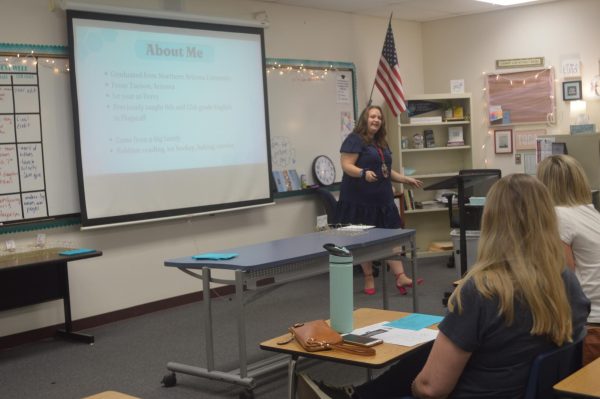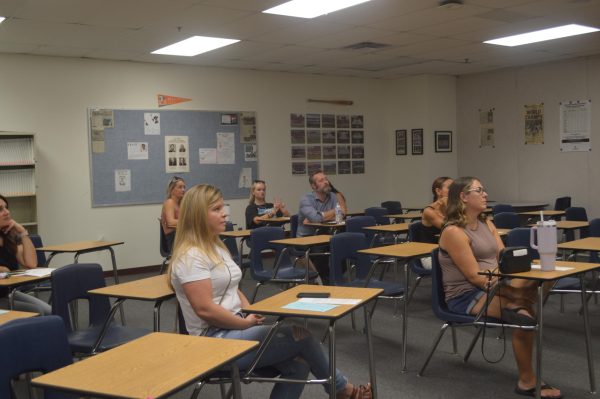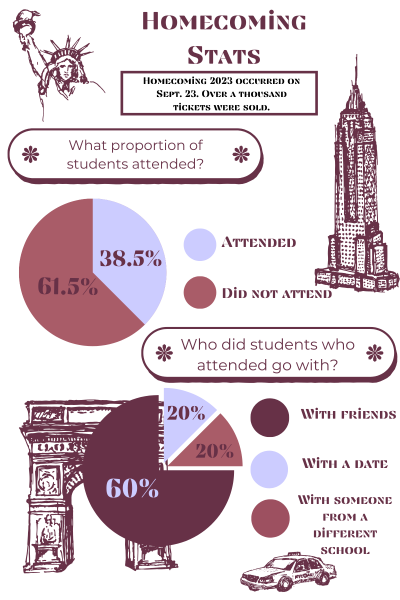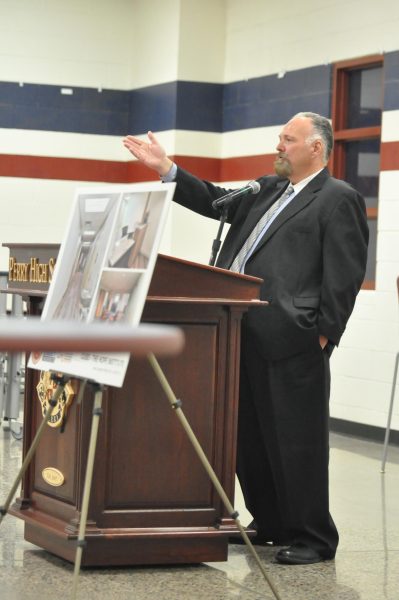Making sense of Arizona Primary Election
Tuesday, Aug. 2 was Arizona’s primary election, and the Perry Library was a polling center for voters. The next election will be the general election on Nov. 8.
The word government often conjures images of the White House and America’s founding fathers from 250 years ago. While that may be an important part of the government process, government also takes place on a much closer and more personal scale than one may believe. One such example took place on Tuesday, Aug. 2, when Arizona had the State Primary Election.
The Primary Election is where registered voters pick between potential candidates within their party for each of the respective positions. Voters are to pick who they want to represent their party in each position. They essentially pick who they want to go up against the other candidates from the other parties.
For example, registered Democrat voters will pick which Democratic candidate they want to run against the other candidates. The same goes for the Republican, Libertarian, and other political parties. Independent voters-voters who are not registered in any party-are also allowed to vote in the primaries. They pick a party that they want to vote in for the primaries, and vote the same way as everyone else.
Voting takes place, through mail-in ballots, or by going in-person to polling booths the day of the election. In this past Primary Election, the Perry library was a polling center.
For example, in this past Primary Election, Kari Lake won the Republican primary for Arizona governor. However, that does not mean that Lake is now governor. It means that Lake will be running against the Democratic candidate Katie Hobbs in the general election in November. Here are more candidate results from the Primary Election.
When it comes to the voting process, there are several pitfalls for new and experienced voters. Some voters simply do not understand the primary and general election process. According to American government teacher Dr. Arthur Ornelas, “Oftentimes voters think they are picking the person that is going to represent them in Congress or they’re picking the person who is going to be the governor, but in the primaries, they are just picking the person that is going to represent their party in the next general election.”
When it comes to understanding any government process, there is a lot of information out there for new voters; however, not all of it is accurate. Ornelas conveyed, “You will always have access in the form of materials online, through the government agencies. You don’t want to go to any random website, though, because you could get misinformation. There’s a lot of bad information out there, a lot of misinformation, and you want to avoid that.” Other forms of education are heading back to the basics. “I would just go straight to the source,” explained American government teacher Elizabeth Tompkins. “Read the Federalist Papers, read the Declaration of Independence, know the Constitution and what it entails.”
Another important part of the education process is learning about each candidate. Tompkins expressed, “They send out voter guides, and you’ll get mailings saying that people are running. Then you do research on these candidates. You’ll look at their platform, you look at the changes they want to make of the things they want to keep, and then you make a decision and go.”
It is also important to vote for someone who stands up for what you believe. Ornelas claimed, “It’s important to educate yourself. It’s important to know what your stance is. Educate yourself on what the candidate’s stance is on each of your important issues.”
Overall, it is crucial for educated voters to make educated decisions when it comes to voting. “If someone doesn’t know the basic foundations of our civics and of our government and our Constitution, then they would probably wait to vote until they know how our country works,” argued Tompkins. The next General Election will take place on Nov. 8. The race will decide which candidates will fill what positions. Students who will be eligible to register to vote this year may find helpful resources here and here.

Saydria Ostler is a senior at Perry High School, and this is her third year of newspaper. Saydria is the Editor-in-Chief this year! When Saydria is not...

